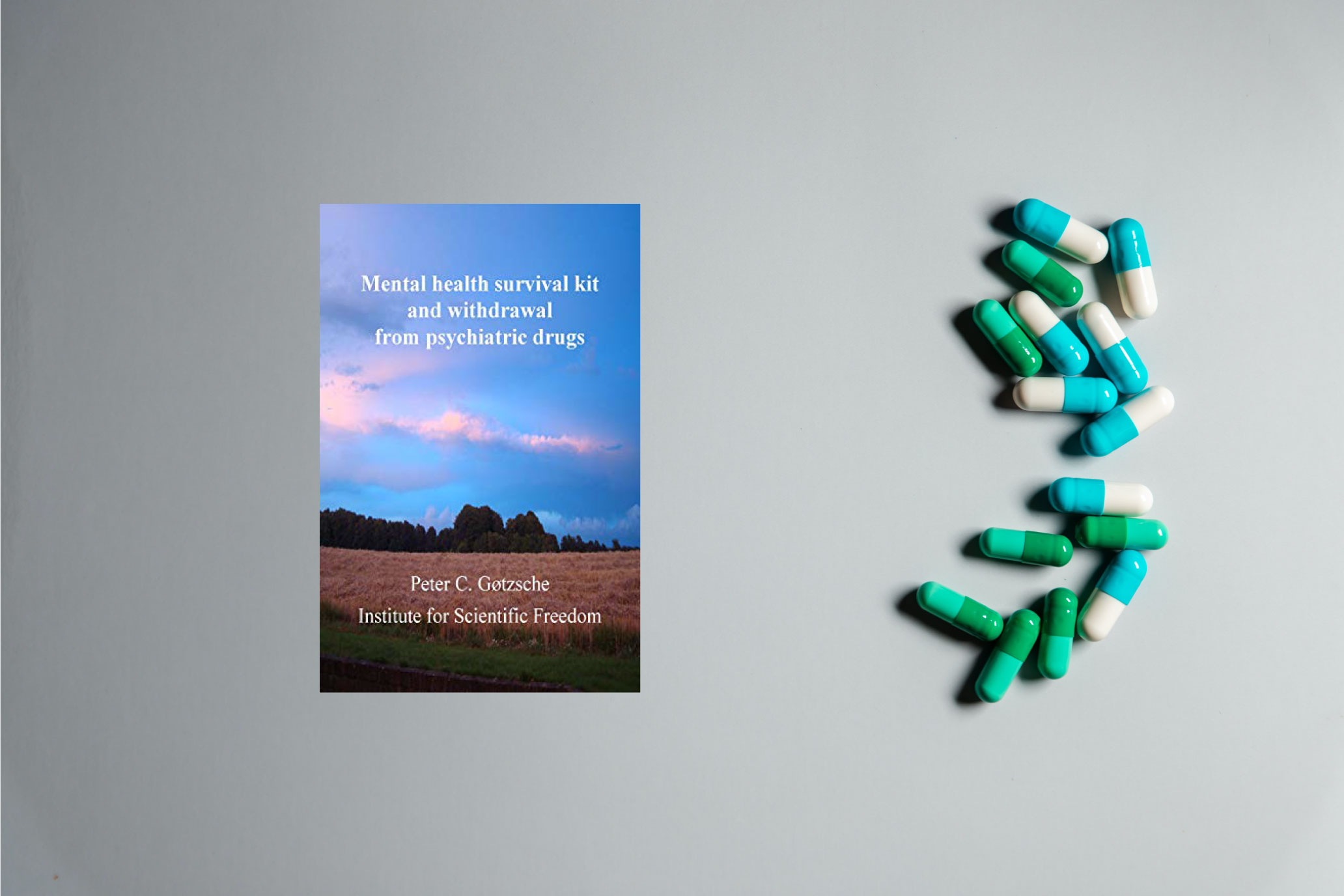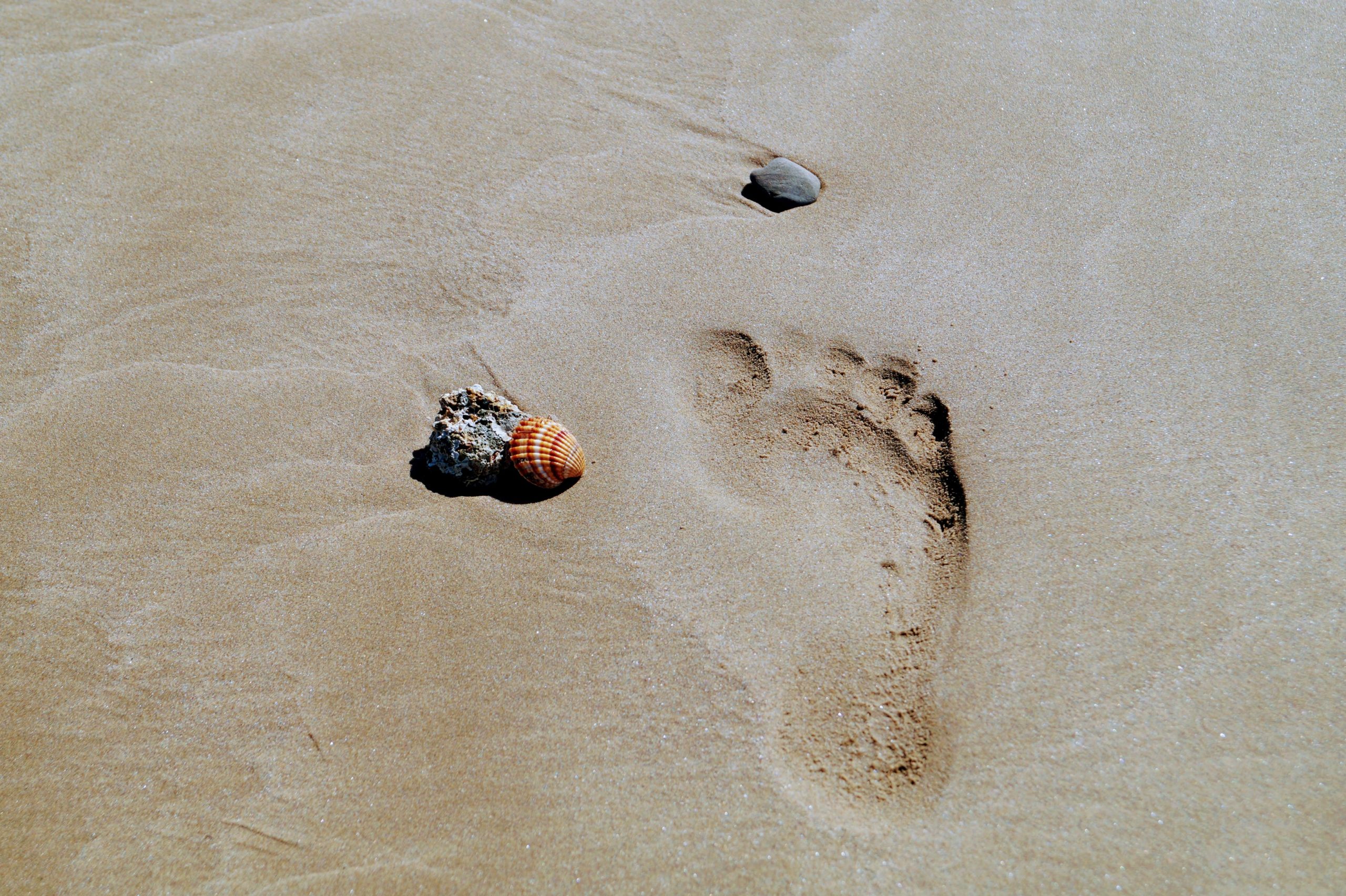
Sat in the doctor’s office of my busy acute Trust hospital, I stare out of the window, wishing I was enjoying the British summer instead of stuck writing yet another discharge letter. As the familiar tinny chimes of the Match of the Day theme herald the arrival of an ice-cream van, my mind wanders to how we deliver primary care training.
Ask any GP trainee what their least favourite part of their training is and most will answer that it is their secondary care placements. What is it about these placements that trainees loathe? Why does the thought of walking through a hospital door on a Monday morning send a shudder down the spine of even the most hardy of GP trainees?
There’s the old argument that secondary care placements are a waste of time for GP trainees. Sure, we wouldn’t expect surgical trainees to spend 12 months in primary care but I can see the definite benefit of allowing GP trainees to experience the secondary care environment. I have no doubt that my experience clerking in acute medical patients will be invaluable in my primary care career. So what could be the reason for GP trainees finding the secondary care experience so harrowing?
Little thought has been given as to how the role will develop me as a future GP.
I propose that the reason for the poor training experience comes from the attitudes of the Trusts when developing GP training placements. All too often the focus of secondary care placements is not the development of a well rounded primary care clinician but to address service needs, and then, if time allows, perhaps add in some teaching. The logic will usually be hinged on the notion that: “ward work gives you valuable clinical experience” or “all work contributes to your learning“. I agree that working on the wards can be a valuable training tool but it is not a very efficient way of learning. Seeing one interesting patient amongst a week long slog of cannulas, discharge letters and the usual acting down as a phlebotomist is hardly the best use of our very limited primary care training time. However, Trusts seem obsessed with this notion that all clinical experience must be good clinical experience.
Imagine that for my next placement, my Trust posts me in that ice-cream van outside my window. I can imagine the justification: “Dealing with the public all day wil enhance your communication skills”, “This role contains significant public health elements”, “Leadership opportunities feature heavily in this post”. The usual management speak to mask the fact that little thought has been given as to how the role will develop me as a future GP. Service needs first, training second.
No doubt there will be some variation of that phrase which is the ultimate get-out-of-jail free card for Trusts with underdeveloped training placements “Significant self-directed learning is expected to make the best use of this placement.” It won’t be the fact that my ice-cream van doesn’t offer learning opportunities in line with the RCGP curriculum. No, it will be my fault for not being more proactive in seeking out such experiences.
Not all work is the best use of our limited training time
Yes, all work contributes to learning. But not all work is the best use of our limited training time. It’s time we stopped letting Trusts get away with using GP trainees just as service provision. Primary care learning should be the main focus of a secondary care placement, not an afterthought once all the usual ward work has been completed. I know our secondary care colleagues are struggling with their workloads but there are better ways to plan and deliver primary care training than this.
For example, trainees on Cardiology placements could spend time with the community heart failure teams, or in weekly clinics, reviewing follow-up patients with cardiac chest pain. Trainees on elderly medicine placements could spend time with community geriatricians reviewing patients in care homes, with an afternoon a week in a falls clinic. Pick a speciality and with five minutes thought you will have identified high-quality learning opportunities that are going under-utilised due to an over-expectation of trainees filling service gaps.
The ice-cream van drives away, leaving sticky-faced children behind. The Doppler effect on the chimes adds a tragic element to the tune as it moves away. I consider my training, how much time has already passed by. I turn back to my computer screen. That discharge letter still needs writing.
Featured photo by Benjamin Sow on Unsplash






